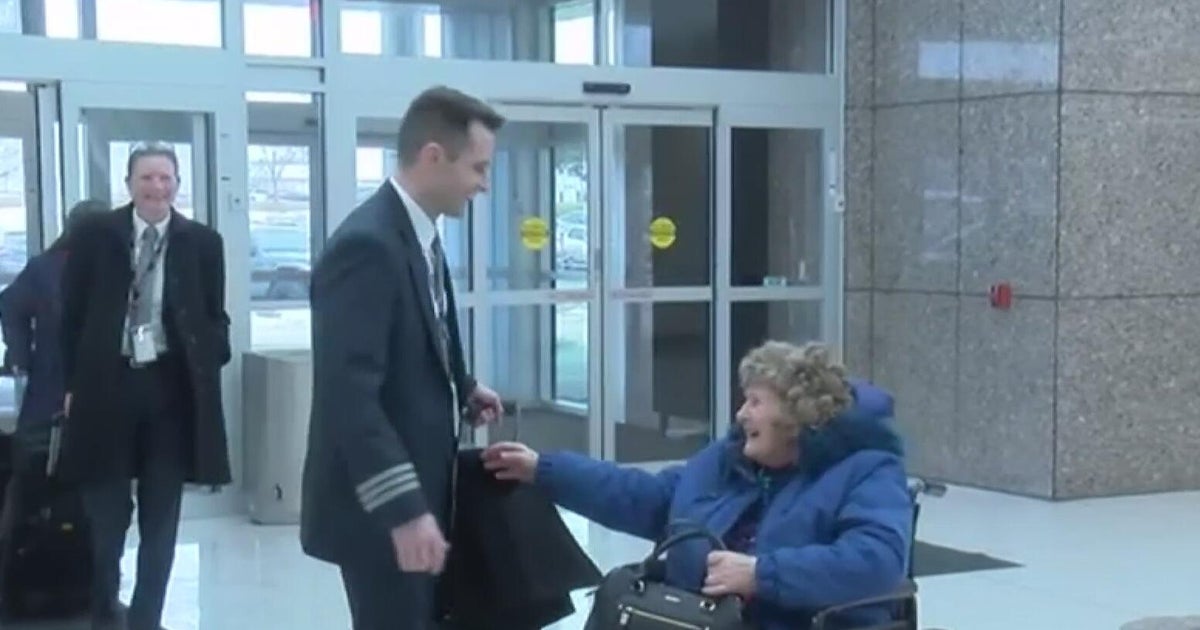Preparing Children With Autism, ADHD, & Other "Special Abilities" To Transition Into Middle School
Written by Eric Nach, Ph.D., Development and Behavioral Specialist and President of the Support for Students Growth Center.
Making the transition from elementary to middle school is a huge milestone for all children and their parents. For children with Autism, ADHD, and other "special abilities", this dramatic change of life is even more traumatic than for their NT (neuro-typical) peers. As life is full of many unforeseen challenges, the unpredictability of daily interaction is exceptionally difficult for these children and equally challenging for their families. We can plan and prepare for the change to middle school, however, experience shows that nothing is guaranteed when it comes to realities of life.
Parents and students will find the expectations of middle school teachers and students to be very different and more demanding than that of their elementary school counterparts. In our experience helping children and parents make the transition to the secondary school way of life, many factors contribute to student success and happiness as the intensity and impact of transitioning is different for each of our children with Autism, ADHD, and other "special abilities" and how families are prepared to handle them.
The primary goal of the middle school teacher is to help all students develop the skills necessary to be successful in middle and high school and beyond. Middle school teachers expect all students to be functioning at a higher level of independence compared to elementary school. We have found that the teachers who tend to be most successful with helping "our children" transition into middle school understand that virtually all new 6th graders still operate on a 5th grade or lower elementary school level emotionally, socially, behaviorally, and sometimes academically. Our children with Autism, ADHD, and other "special abilities" tend to have a greater variation of social and emotional maturity, while many excel academically. Most of "our children" need direct instruction on how to function in a middle school campus due to issues of "perception" and their challenges associated with "Theory of Mind" (understanding the thoughts and perceptions of others).
Some of the skills they need to learn include: organization (as now they will have 6 or more independent classes), self-advocacy (how to get their needs met), socialization (quite often the children they grew up with and shared classes are longer with them) and following new routines. Transitioning to many classes in a much larger campus and being with many more students and teachers will take a lot of planning, dedication and effort by everyone involved: parents, teachers, administrators, support staff, specialists, and the children themselves.
In high school, the teachers are increasingly more content driven, they are focused on delivering content knowledge in particular subjects to help students obtain mastery, while having to adjust to many of the same transitioning issues as middle school students and teachers.
Teachers in elementary school are able to spend considerably more time with the students and get to know their learning styles and mannerisms. Many of our children with Autism, ADHD, and other "special abilities" are "visual learners" and benefit by being permitted to have practice with what organization looks like in a specific setting/classroom. They need to be shown how to utilize their materials. Their backpacks are often referred to as "the black hole" because frequently schoolwork and other materials mysteriously disappear, often due to challenges with "executive functioning" many middle school students experience. Understandably, executive dis-functioning (lack of organization, planning, and follow-through) is more devastating in "our children" impacting all facets of their lives. They need to learn to transition from one class to another, to navigate the lunch room, to enter and exit the school campus, restroom etiquette, to find and use the busses or parent pick-up line, what to do before school starts and after school ends, venue including the gym.
Our children with "special abilities" benefit from "real life" experiences to help practice adjusting into the middle school setting so they can become successful. They must utilize many social and academic skills about interacting with peers, teachers and others that need to be taught directly. Additional skills include knowing what a completed homework assignment, note-taking and class work look like, advocating for themselves, and studying and completing tests successfully.
Proper planning and follow-through can make the difference between a successful or devastating transition from elementary to middle school. Now is the time to make sure parents and students have their transition plan in order.
Eric Nach, Ph.D., is a Developmental and Behavioral Specialist and President of the Support for Students Growth Center in Boca Raton. At their center, Dr. Nach and his team of professionals provide social, behavioral and academic services for children, teens, young adults and their families.
The Children's Services Council of Broward County is an independent taxing authority which was established by a public referendum on September 5, 2000, and reauthorized via referendum on November 4, 2014, which, through Public Act, Chapter 2000-461 of the laws of Florida, authorized the Council to levy up to 0.5 mills of property taxes. The role of the Council is to provide the leadership, advocacy and resources necessary to enhance children's lives and empower them to become responsible, productive adults through collaborative planning and funding of a continuum of quality care. To learn more about programs and services the Children's Services Council funds, please call (954) 377-1000.
Above content provided by Children's Services Council of Broward County.







